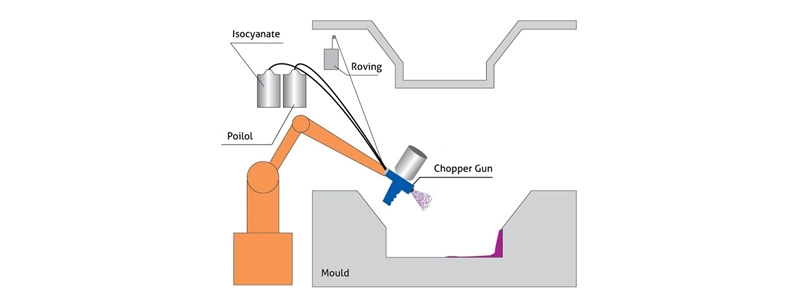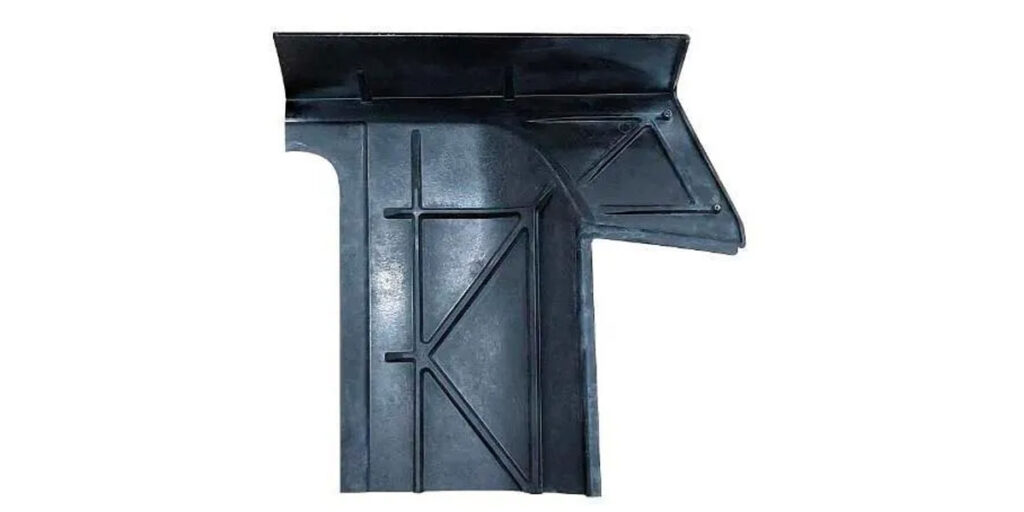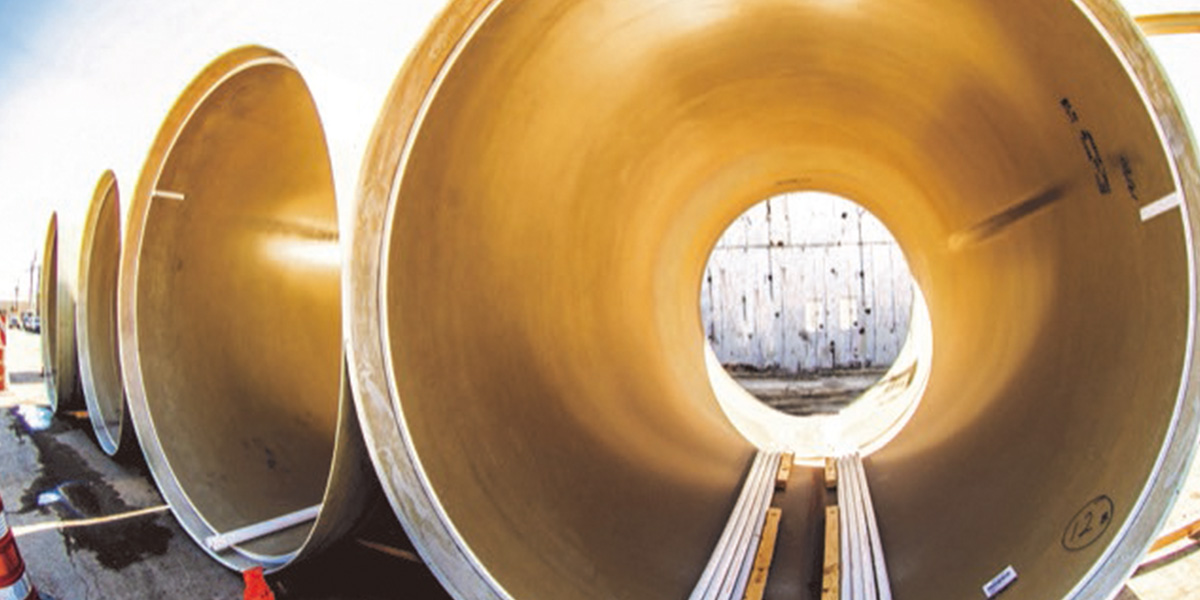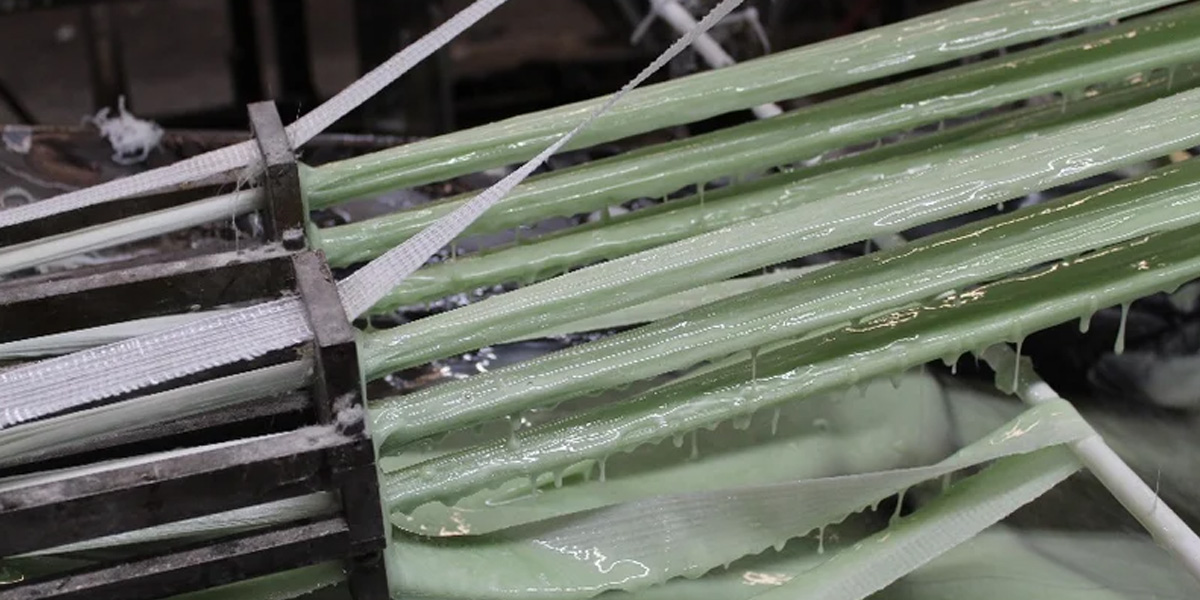What is LFI?

LFI stands for Long Fiber Injection, which is a manufacturing process that combines the benefits of long fiber reinforcement with the efficiency of injection molding.
How does LFI work?
The LFI process involves the following steps:
- Fiber preparation: Long fibers, such as glass or carbon fibers, are prepared and cut to the desired length.
- Compounding: The fibers are mixed with a thermoplastic matrix, such as polypropylene or polyamide, to create a composite material.
- Injection molding: The composite material is fed into an injection molding machine, which melts and forms the material into the desired shape.
- Fiber alignment: The long fibers are aligned in the direction of flow during the injection molding process, which helps to maintain their length and orientation.
- Cooling: The material is cooled and solidified in the mold.
Advantages of LFI
- Improved mechanical properties: LFI materials exhibit improved mechanical properties, such as strength, stiffness, and impact resistance, compared to traditional injection molded materials.
- Increased fiber length: The LFI process allows for longer fiber lengths, which can improve the mechanical properties of the final product.
- Reduced fiber breakage: The LFI process helps to reduce fiber breakage during the injection molding process, which can improve the overall quality of the final product.
- Improved surface finish: LFI materials can exhibit a smoother surface finish compared to traditional injection molded materials.
Applications of LFI
- Automotive industry: LFI materials are used in the automotive industry for parts such as bumper beams, door modules, and engine components.
- Aerospace industry: LFI materials are used in the aerospace industry for lightweight components, such as aircraft structures and interior panels.
- Industrial equipment: LFI materials are used in industrial equipment, such as machinery components and structural frames.
- Sports equipment: LFI materials are used in sports equipment, such as bicycle frames and golf clubs.
Comparison to other processes
LFI is similar to other composite manufacturing processes, such as BMC (Bulk Molding Compound) and SMC (Sheet Molding Compound), but it offers some unique advantages. LFI allows for longer fiber lengths and improved fiber alignment, which can improve the mechanical properties of the final product. Additionally, LFI can produce parts with a smoother surface finish compared to BMC and SMC. However, LFI may have higher material costs and more complex processing requirements compared to other composite manufacturing processes.


